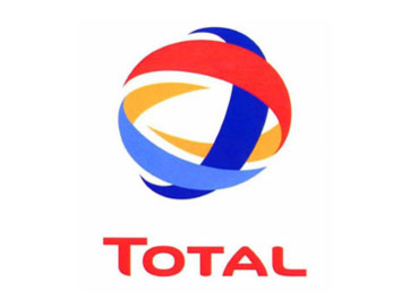Total between rock and hard place in Iran

By Trend
The new US policy towards Iran, announced in October 2017 by President Donald Trump, is a matter of concern for French Total and for other large oil companies interested in working in Iran, Francis Perrin, Senior Fellow at the OCP Policy Center (Rabat) and Senior Research Fellow at the French Institute for International and Strategic Affairs (IRIS, Paris), told Trend.
Talking about possible scenarios of Total’s participation in the project for development of Iran’s South Pars gas and condensate field, Perrin noted that Total has a high stake in Iran’s project and this is important for two reasons: with a 50.1 percent interest the French company has a majority stake in the decision-making process; and such a percentage has an impact on the profitability of its investment in this huge gas development project, which could imply capital expenditures of about $4-5 billion for the consortium.
He noted that one way to reduce the risk would be for Total to sell part of its holding in South Pars Phase 11.
"That being said it would not solve the main issues. The political risk linked to this gas project in Iran would not be very different if Total's interest was 30 or 40 percent instead of 50.1 percent even if such a sale would reduce Total's financial exposure. And this would weaken Total's position in Iran as the company would be accused of acting under U.S. pressure, which is not a compliment in Tehran," said the expert.
Perrin pointed out that the French company would like to develop other projects in Iran, including in the petrochemical sector.
"Total is thus between a rock and a hard place. It will go on developing South Pars Phase 11 pending future announcements by President Trump in the next weeks. The Trump card for Total is that its contract was signed before possible new US sanctions from spring 2018. If the US confirms it wants to cancel the agreement on Iran's nuclear program, the French company would of course be much more cautious about future agreements with this country," he added.
The expert said that Total is heavily involved in the oil, gas and petrochemical sectors in the US and the company follows very carefully what happens in Washington - the Trump Administration and Congress - about new sanctions on Iran.
"Since last October the US has imposed some new sanctions on Iran but so far they do not have a direct negative impact on the hydrocarbons sector. For foreign investors the rules of the game are as follows: they must avoid the US dollar and work with Iranian companies not linked to the Islamic Revolutionary Guard Corps (IRGC). Total is well aware of these two main constraints and estimates it is possible for it and its associates to develop successfully South Pars Phase 11 under this framework," he said.
Perrin believes that the key issue is now the threat from President Trump to withdraw from the July 2015 agreement on Iran's nuclear program and to impose stronger sanctions on Iran.
"In this regard there are two main questions: will these future sanctions impact directly the energy sector? And will they be retroactive?" said the expert.
In any case Total would be supported by the French government and the European Union as there are no French, European or United Nations sanctions prohibiting it from investing in Iran but the degradation of the political situation in the Middle East with the growing tensions between Saudi Arabia and some other Arab Gulf countries on the one hand and Iran on the other hand, recent Israeli strikes against Iranian targets in Syria and the hostility between Tehran and Washington represent a much higher degree of political risk for Total, he added.
---
Follow us on Twitter @AzerNewsAz
